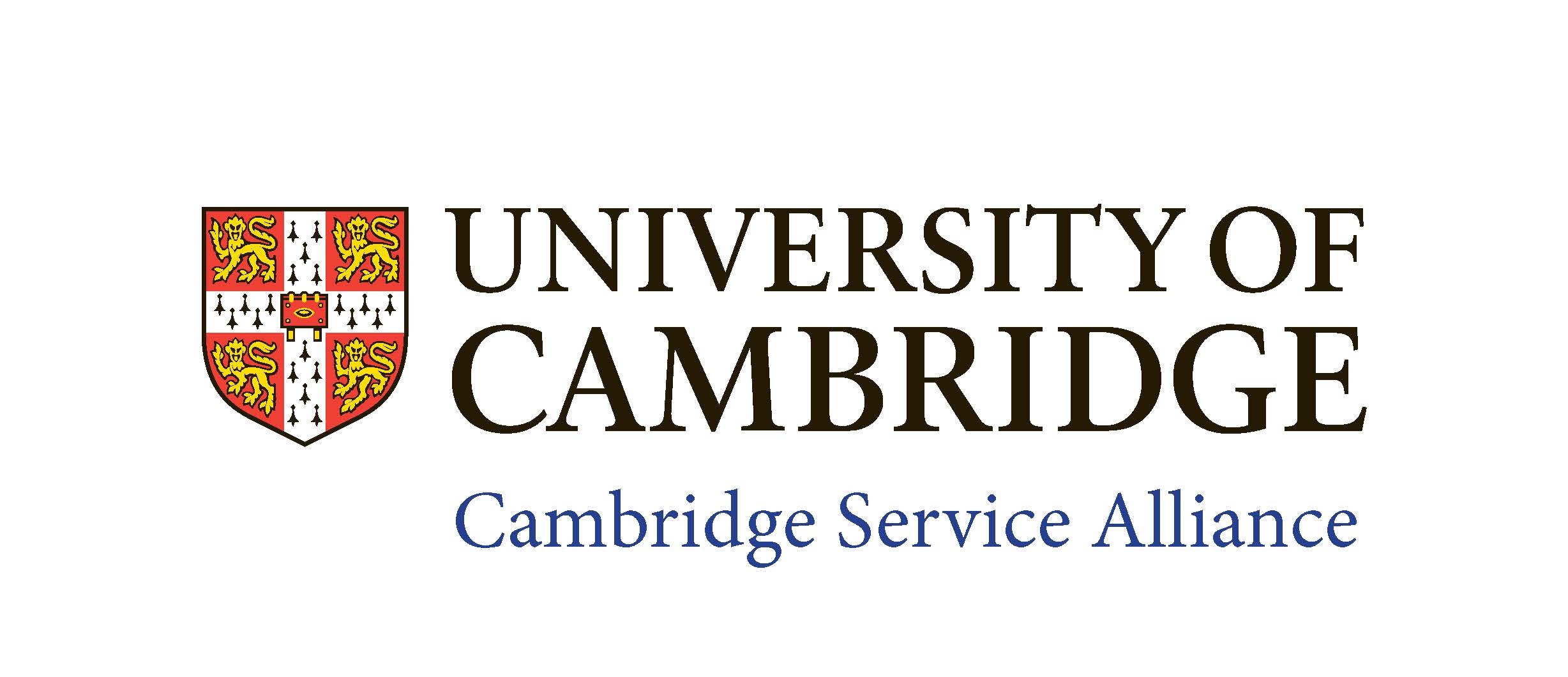
Submitted by Angela Walters on Tue, 23/02/2016 - 13:57
Dr Mohamed Zaki discusses data disruption and new business models in the education sector in this blog from the Cambridge University Press Thought Leadership Blog.
[Read original blog piece here]
It is apparent that current universities and colleges’ credit hours business model face tremendous pressure. This pressure is double-edged as it could generate innovation and value creativity while also posing some hazards and harm. There is a general concern especially in the U.S. market that many graduates are struggling to find jobs and too few students are getting value for their investment in education. The Economist (2013) published a report stating that graduation rates are miserable and only 58% of full time students who started at public four-year college in 2004 earned a degree within six years. In the U.S market, the total student loan reached $1.2 trillion, which is 6% of national debt. The average American graduate finishes college with $26,000 of debt and the proportion of student loans has risen from 8.5% in 2011 to 11.7% in 2013. Similar to the UK market that has also numerous challenges especially with the steep rise on tuition fees which took effect in 2012. On average, UK universities employ about 380,000 people, teach 2.5 million students and spend £21.4 billion. Universities have to answer new and profound questions about the role they play and the contribution they make to a future that is fairer, improve student experience and deliver the best outcomes for the resources they receive (Rt. Hon Alan Milburn 2012). Furthermore, employers are already frustrated with grade inflation.
Therefore, universities and colleges have started to look for new ways to improve the learning quality, cut costs and increase graduation rates in this complex world. The development of new online learning paradigm enables institutions to collect vast number of data of student actions daily, such as how long they devote to reading, where they get electronic resources, and how quickly they master key concepts. One of these ways is online learning, which is continuing to grow in popularity. For example, Massively Open Online Courses (MOOCS) are causing disruption, bridging distances by delivering courses anytime anywhere, and far reaching innovation. This would make several institutions take another look at whether they have been responding fast enough to changing educational technologies. Although, MOOCs are a great tool for sharing large course materials virtually by broadcasting information, they do not teach (Doug Guthrie 2013).
There is a lot of buzz on Big Data and how it could revolutionize online learning in higher education and in general. In particular, by designing a data-driven approach that collects data at every step of the student learning process, educational institutions can address student needs with customized modules, assignments, assessment and feedback in the curriculum that will promote better and richer learning. This is known as a competency-based model. The advantage of applying this model with the power of data is to give instructors the necessary intelligence to directly address a student's learning style or deficits. In this way, big data can amplify factors that contribute to student success, provide personalized courses, improve instructor and student connection and create a wired sense of community despite being in the detached online learning environment. The time required to obtain a degree would be reduced, resulting in a less expensive and higher-quality education.
Rt. Hon Alan Milburn. (2012). University Challenge : How Higher Education Can Advance Social Mobility A progress report by the Independent Reviewer on Social Mobility and Child Poverty. Retrieved from https://www.gov.uk/government/uploads/system/uploads/attachment_data/file/80188/Higher-Education.pdf
Doug Guthrie. (2013). The Coming Big Data Education Revolution. US NEWS. Retrieved from http://www.usnews.com/opinion/articles/2013/08/15/why-big-data-not-moocs-will-revolutionize-education
The Economist. (2013). Universities challenged, 11–13.
- See more at: http://education.cambridge.org/uk/whats-new/thought-leadership/2016/data...



